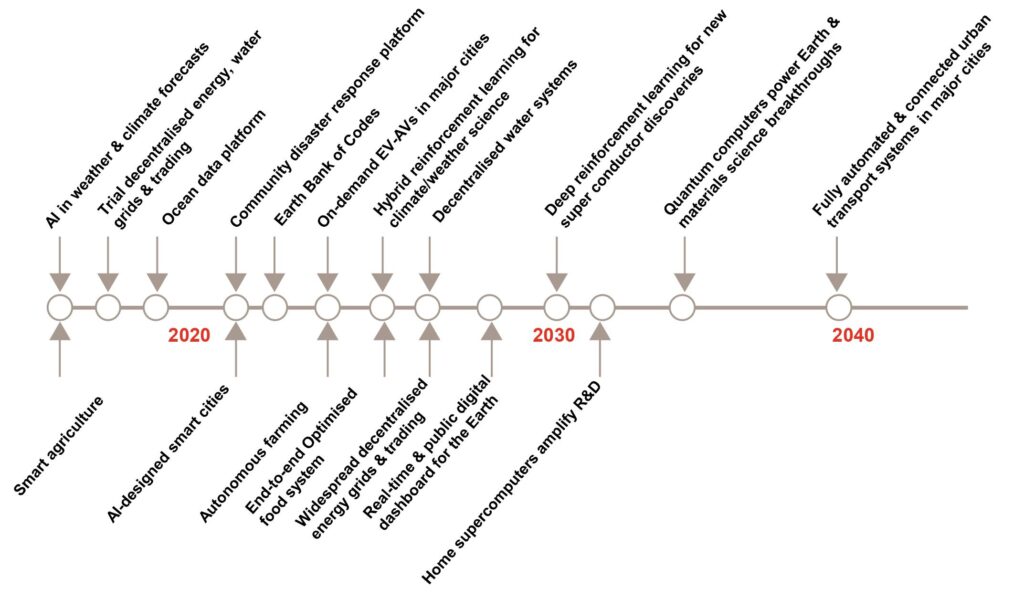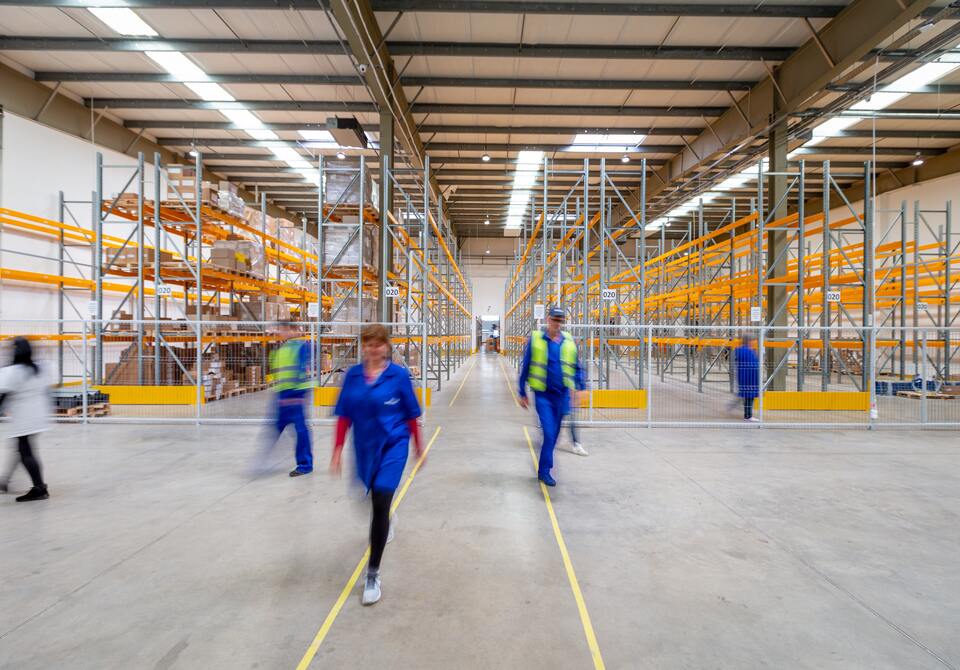Artificial Intelligence (AI), Industrial Internet of Things (IIoT), Cloud Computing, Machine Learning, Big Data, and Advanced Analytics are digital tools that are ushering the industrial landscape into the future. From manufacturing to supply chain management, businesses wanting to raise efficiency, achieve sustainability, and increase agility can no longer disregard the end-to-end impact of digital transformation. According to a Gartner report, 25% of organizations are at risk of losing their competitive edge owing to digital incompetence.
The pandemic is another example that showed the resilience of IIoT-enabled industries. The transformation brought by the adoption of digital technologies in industries worldwide shielded them from the abrupt operational changes associated with Covid-19. Thus, digital transformation impacts the industrial landscape by making it more productive, resilient, sustainable, and agile. Here is how it works!
Boost productivity: This is a given and a big reason why industries are pushing towards the adoption of IIoT and other emerging technologies. McKinsey Global Institute shared that those who have adopted emerging technologies stand to expect a change in cash flow by 122%. On the other hand, those industries choosing to delay their AI adoption are expected to experience a negative change in cash flow by 23%.
The advanced technologies enable industries to scale up massively, find new markets and diversify, increase factory outputs, increase equipment efficiency, speed up operations, and accurately customize production. All of these changes take place at the best possible cost. What the consumer demands, the industry is able to intuitively predict and deliver. There are hiccups in digital transformation as the software allows to embed existing practices to new digital solutions. So, industries can function without breaks!
Not only is the scale-up non-stop, but also unbelievably fast. Industries can expand their operations with the help of cloud computing moving operations from one nation to multiple nations.
Attain sustainability: The deteriorating environmental conditions have put industries under the scanner in the global community. Industrial operations are resource-intensive processes and it is critical to maximize utilization while minimizing waste. AI, Advanced Analytics, IIoT, and other emerging technologies can help the industrial landscape transform for the better by increasing resource efficiency. With digital transformation, a higher commitment to sustainable industrial norms can be realized. AI might be used to optimize several areas of the industrial value chain, such as smart recycling systems and smart buildings for energy efficiency and water management, according to a PwC analysis.

Image Source: PwC.
Improve resilience and agility: Industries that had already undergone a digital transformation before the pandemic were better able to cope with the ongoing changes. They reacted and adapted to the new normal faster protecting their operations from experiencing shock and shutting down. Digitizing industries from end-to-end helps in adjusting the production capacity, inventory reduction, and shortening of changeover in the manufacturing process. With advanced analytics and cloud computing, industries can make their entire value chain agile, flexible, and resilient.
Future of industries
The current industrial trend shows a ramping up of end-to-end adoption of digital innovations. By investing in automation and data-driven digital solutions, industries hope to gain a competitive advantage and remain future-ready. Digital transformation allows businesses to scale up like never before and explore new ways to stay relevant in an ever-changing and fast-paced environment. The challenge for industries now lies in successfully scaling up their piloted IIoT cases to achieve the optimum financial and operational advantage.








